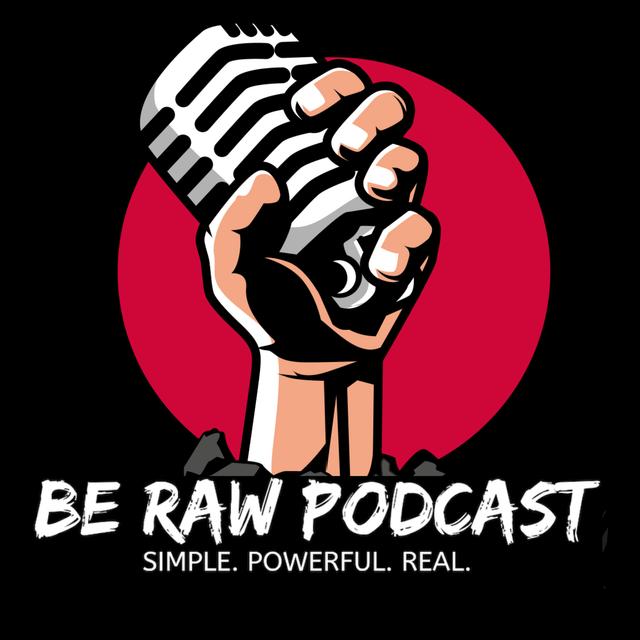
#169 - No problems, just work to do!
Episode description
This is me, the mic, ya'll listening, no notes and whatever is on my mind. Thanks for listening, take what you want, leave the rest.
In this episode I talk about a phrase I heard years ago and final believe I have a grasp on it's true meaning. Wanted to share with ya'll!
Mentions:
HighSpeed Daddy - Get your fanny packs here! https://www.highspeeddaddy.com/?rfsn=7178368.317ce6
Live Rishi - Use the code "TABLE50" get 50% off your entire order - https://liverishi.com/
Composre - Use the code RAW let them know I sent ya - https://composurelifestyle.com/
'til next time!
The idea of not having "problems" but instead "work to do" is a transformative mindset shift that reframes challenges as opportunities for action, growth, and purpose. This perspective has roots in stoic philosophy, modern self-help, and productivity thinking, offering a way to reduce emotional resistance and foster resilience. By changing how we view obstacles, we can approach life with a greater sense of agency and clarity.
At its core, this mindset hinges on the distinction between problems as insurmountable barriers and work as actionable tasks. A problem often carries an emotional charge—frustration, anxiety, or fear—that can paralyze progress. When we label something as a problem, it becomes daunting, a mountain that looms too high to climb. On the other hand, when we view the same situation as work to do, it transforms into a series of steps or tasks that are manageable and solvable. Work implies effort, but it also implies progress. The mental shift is subtle but powerful.
For instance, consider a professional project with tight deadlines and complex requirements. Viewing this situation as a "problem" might lead to stress, procrastination, or a sense of being overwhelmed. However, seeing it as work to do encourages focus on breaking the project into smaller tasks, tackling them one by one, and moving forward. Each task completed represents a tangible step toward resolution. This approach not only enhances productivity but also fosters a sense of accomplishment along the way.
This perspective is particularly useful in personal growth. Life's adversities—financial struggles, relationship challenges, or health issues—are often perceived as problems that weigh us down. But by reframing them as work to do, we can focus on actionable solutions. A strained relationship, for example, isn’t merely a “problem” but a call to engage in open communication, practice empathy, or seek counseling. Each action, however small, contributes to improvement.
The concept aligns with stoicism, which teaches that we cannot control external events but can control how we respond to them. Instead of lamenting a situation, a stoic would ask, “What can I do about this?” This pragmatic approach shifts the focus from what is wrong to what is possible, emphasizing action over rumination.
Adopting this mindset also encourages emotional resilience. It’s easier to stay calm and grounded when we view setbacks as tasks rather than catastrophes. For example, a failed job interview isn’t a life-ending problem—it’s an opportunity to reflect, improve, and prepare for the next opportunity. Each failure becomes a stepping stone rather than a wall.
Moreover, seeing life as work to do fosters purpose. When we approach each day as a series of tasks, we find meaning in the act of doing. Whether it’s caring for loved ones, pursuing a career, or contributing to a community, every effort becomes part of a larger journey. This sense of purpose drives motivation and fulfillment.
In conclusion, reframing problems as work to do is a practical, empowering mindset that transforms how we navigate life. It promotes action, resilience, and purpose, enabling us to tackle challenges with clarity and determination. By embracing this approach, we can turn obstacles into opportunities and live with greater intention.
4o